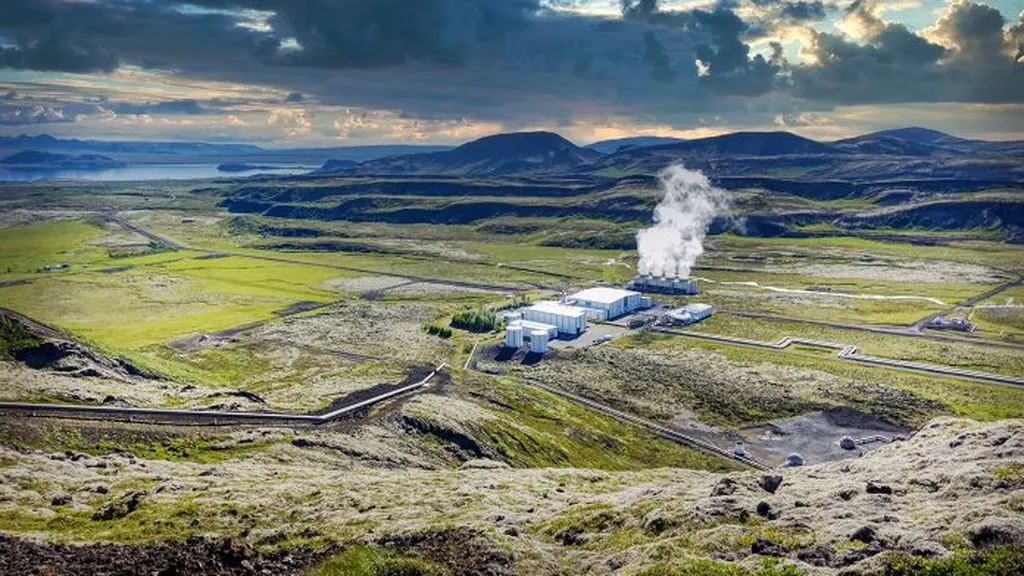In the heart of Europe, where countries like Sweden and Germany have long harnessed the power of shallow geothermal energy, Portugal is now making significant strides to catch up. A recent study published in the journal *Geotecnia* (English: Geotechnics) sheds light on the current state of shallow geothermal solutions in Portugal, highlighting both challenges and opportunities for the energy sector.
João Figueira, lead author of the study and a specialist at Geogradiente & Synege, explains that while Portugal lags behind some of its European counterparts, there is a growing momentum in the development and implementation of shallow geothermal systems. “We are seeing a greater mobilization in this area, and there are already some successful cases that demonstrate the potential of this technology,” Figueira notes.
Shallow geothermal systems, which utilize the earth’s near-surface heat for heating and cooling buildings, offer a sustainable and efficient alternative to traditional energy sources. However, the study identifies several barriers to the widespread adoption of this technology in Portugal, including a lack of adequate regulation and legislation, as well as insufficient financial and political incentives.
“Without proper regulations and incentives, it’s challenging to create a robust market for shallow geothermal systems,” Figueira points out. “This limits the growth of the industry and hinders the development of high-quality installations.”
Despite these challenges, the study highlights several successful projects that have set benchmarks for the industry. These case studies provide valuable insights into best practices and demonstrate the positive impact that shallow geothermal systems can have on the energy and climate control sectors.
Looking ahead, the study outlines key areas for future development, including the establishment of a comprehensive legal framework, the creation of incentives for implementation, and the enhancement of project support tools. By addressing these areas, Portugal can unlock the full potential of shallow geothermal energy, contributing to a more sustainable and efficient energy landscape.
As the world increasingly turns to renewable energy sources, the insights from this study could shape the future of the geothermal industry not just in Portugal, but across Europe. By learning from the successes and challenges highlighted in the research, other countries can accelerate their own transitions to sustainable energy solutions.

